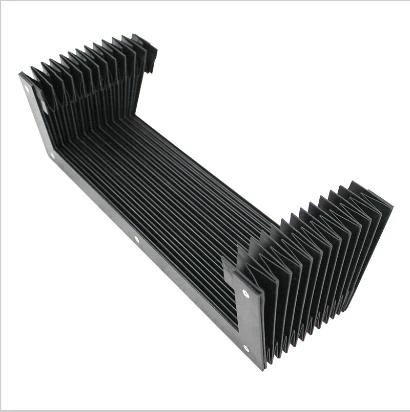Understanding the Importance of Electrical Cable Chains in Modern Machinery and Equipment
Understanding Electrical Cable Chains An Essential Component in Modern Machinery
In today’s fast-paced industrial environment, efficiency and reliability are paramount. Among the many components that contribute to the seamless operation of machines, electrical cable chains play a crucial role. These chains, also known as energy chains or drag chains, are designed to manage the movement of electrical cables and hoses in a variety of applications, ensuring that they remain protected, organized, and easily accessible.
What is an Electrical Cable Chain?
An electrical cable chain is a flexible conduit that houses multiple cables, hoses, or wires. It is specifically designed to accommodate the movement associated with machinery and equipment, protecting the cables from wear and tear caused by bending, twisting, or abrasion. The chain itself is comprised of interlocking links that enable it to flex and bend, allowing for smooth motion while keeping the enclosed cables secure.
These chains come in various sizes and configurations to suit a wide range of applications, from robotic arms in automotive manufacturing to automated conveyor systems in warehouses. The design of the cable chain facilitates the unimpeded movement of cables throughout their range of motion, minimizing the risk of entanglement or damage.
Why are Electrical Cable Chains Important?
1. Protection Against Damage One of the primary functions of electrical cable chains is to protect cables from physical damage. Exposed cables are prone to wear from friction and environmental factors. Cable chains provide a protective layer that minimizes the risk of wear and extending the life of the cables.
2. Organization In complex machinery with numerous wiring components, maintaining organization is crucial. Cable chains help keep cables organized and prevent them from tangling or crossing over one another, which can lead to confusion during maintenance or troubleshooting.
3. Reduced Downtime By preventing cable damage and ensuring a clean and organized setup, electrical cable chains can significantly reduce downtime. In production environments where time is money, minimizing potential disruptions caused by cable failure is vital.
4. Safety Enhancement Well-managed cables reduce the chance of accidents in the workplace. A cluttered area with loose cables can pose tripping hazards and lead to electrical issues. Using cable chains helps maintain a safer working environment.
electrical cable chain

5. Increased Flexibility and Mobility Cable chains are designed to ensure that cables can move freely without hindrance. This flexibility is essential in applications where machines need to have a wide range of motion, such as in robotic systems and CNC machines.
Choosing the Right Cable Chain
When selecting an electrical cable chain, several factors should be considered
- Size and Load Capacity The size of the chain must be compatible with the dimensions of the cables or hoses it will carry. Additionally, it's important to consider the weight of the cables, as the chain must be able to support them without sagging or breaking.
- Bend Radius Each chain has a specified minimum bend radius that must be adhered to, ensuring the cables do not exceed their mechanical limits during operation.
- Material Cable chains are commonly constructed from plastics, metals, or a combination of both. The choice of material can affect flexibility, weight, durability, and resistance to environmental factors like heat or chemicals.
- Environment Consider the operating environment when selecting a cable chain. Factors such as temperature variation, exposure to moisture, and the presence of chemicals will affect performance.
Conclusion
Electrical cable chains are indispensable components that enhance the functionality and longevity of machinery across various industries. By providing protection, organization, and flexibility, they contribute to a safer and more efficient work environment. As technology continues to advance, the design and application of cable chains will also evolve, further cementing their role as critical components in modern machinery. Whether in manufacturing, automation, or robotics, understanding and utilizing electrical cable chains can lead to improved performance and reliability in any operational setting.








